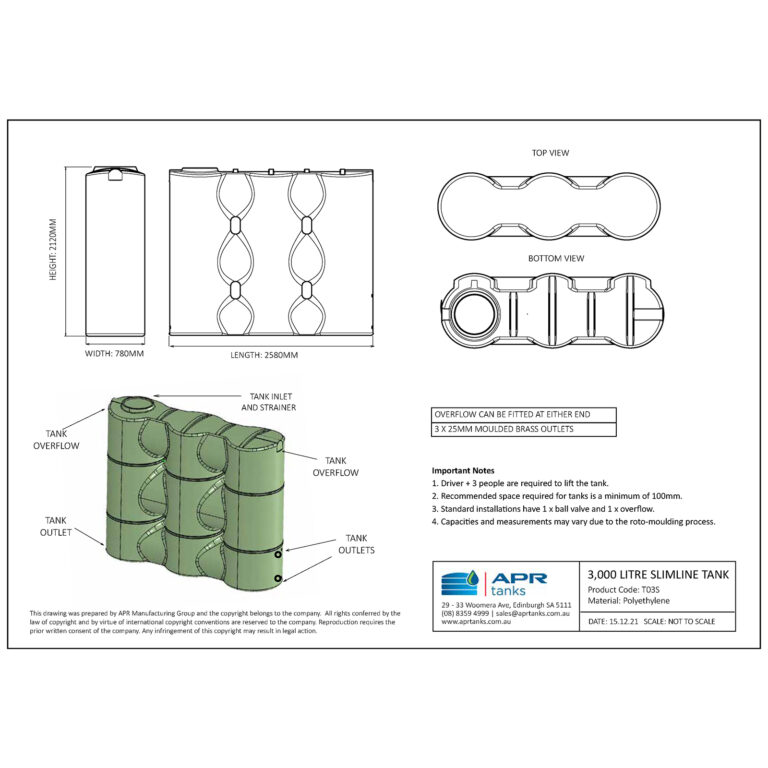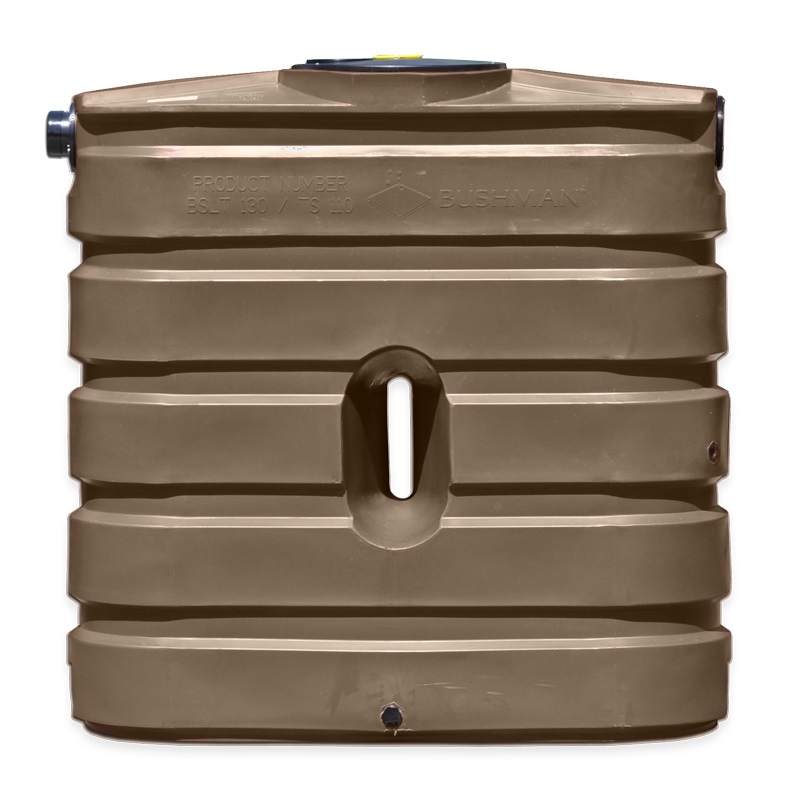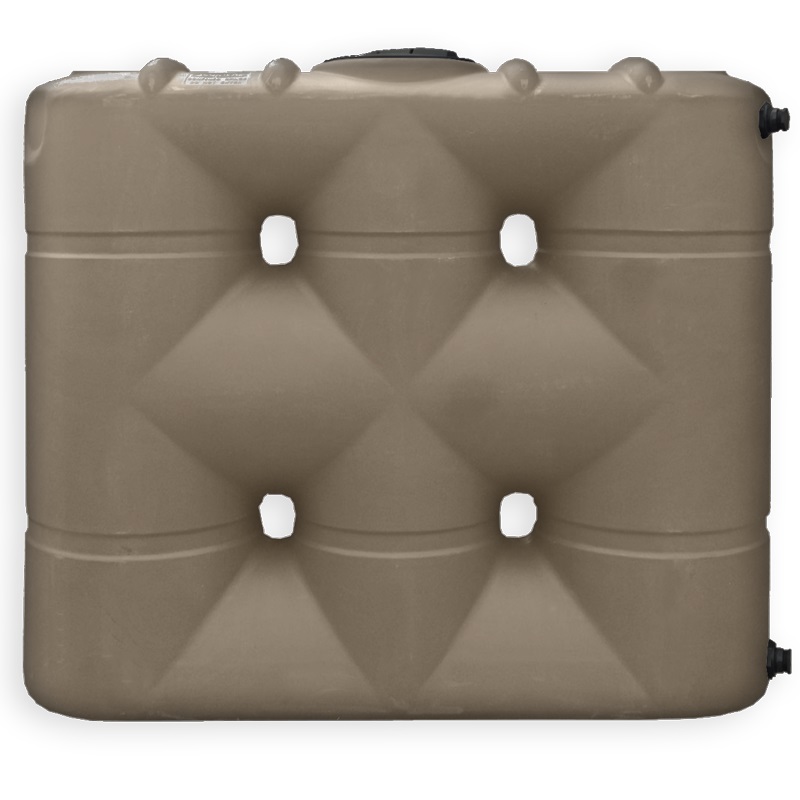Slimline Water Tanks: The Perfect Choice for Urban Water Storage Space
Wiki Article
Discovering the Different Uses Rain Tanks for Residential and Commercial Properties
As the global emphasis on sustainable living practices proceeds to heighten, the application of rain containers in both domestic and commercial settings has arised as a relevant option. These containers offer a storage tank for rainwater harvesting, providing a myriad of possible applications that expand much past plain storage space. From irrigation to bathroom flushing and landscaping, the convenience of rainwater tanks is large. In addition, their integration into commercial buildings opens up a world of possibilities for eco conscious companies. The complex uses rain storage tanks present a compelling instance for their fostering, not just as a useful water-saving action but likewise as a testimony to liable resource management.Advantages of Utilizing Rain Containers
Making use of rain containers supplies numerous advantages for both homes and neighborhoods in regards to water preservation and sustainability. Among the vital advantages of using rainwater storage tanks is the considerable decrease in dependence on mains water - Slimline water tanks. By recording and saving rain for later use, people and neighborhoods can reduce their need for cured water, eventually reducing the problem on water treatment centers and reducing power usage related to water transport and therapy
Moreover, rain collecting through tanks offers a trustworthy different water source during times of water restrictions or shortages. This stored rain can be utilized for various non-potable functions such as irrigation, purging toilets, and cleaning clothing, lowering the strain on conventional water resources. Additionally, utilizing rain tanks can bring about cost savings for both families and areas by decreasing water bills and lowering the requirement for pricey infrastructure growths to meet growing water needs.
Essentially, the utilization of rainwater containers uses a lasting and eco pleasant strategy to water management, benefiting both individual customers and the more comprehensive area in terms of water conservation, cost-efficiency, and strength.
Rainwater Tank Use in Irrigation
Provided the benefits of rain storage tanks in saving water resources and reducing reliance on keys water supply, a significant application lies in utilizing kept rainwater for watering objectives - Slimline water tanks. Rainwater gathering systems can properly gather and save rainwater, supplying a sustainable water resource for watering yards, lawns, and agricultural areas. By using rain for irrigation, homeowner can lower their dependancy on cured water resources, leading to set you back savings and environmental advantages
Among the main benefits of utilizing rain for watering is its purity. Rain is normally soft and totally free from the chemicals and additives typically located in mains water, making it suitable for nourishing plants without the risk of unsafe results. Furthermore, rain is at ambient temperature level, which can benefit plant development by staying clear of temperature level shocks that can accompany chilly mains water.
Rainwater Tanks for Bathroom Flushing

Implementing rain tanks for commode flushing is an economical and environmentally friendly method that can be easily incorporated into both residential and industrial residential or commercial properties. The saved rain can be utilized to flush toilets by attaching the tank to Visit Your URL the existing plumbing system. This straightforward yet effective service can significantly lower water consumption in a building, particularly in areas where water deficiency is an issue.

Including Rainwater Storage Tanks in Landscaping
A reliable technique for improving sustainability in landscape design involves incorporating rainwater storage tanks to optimize water usage and promote environmentally friendly practices - Slimline water tanks. Including rainwater containers in landscaping uses many benefits for both residential and industrial buildings. These storage tanks can catch and store rain runoff from roof coverings, which can after that be utilized for sprinkling yards, yards, and plants. By utilizing rain for watering functions, homeowner can lower their reliance on local water sources, causing set you back savings and conservation of priceless water sources.Along with supplying a lasting water resource for landscape design needs, rain storage tanks can additionally aid in taking care of stormwater overflow. By catching rainwater that would certainly otherwise move into tornado drains, these containers can minimize erosion, reduce flooding dangers, and avoid pollution of natural water bodies. Including rain containers in landscape design can add to the total visual charm of the building, showcasing a dedication to environmental stewardship.
Industrial Applications of Rainwater Storage Tanks
Utilizing rainwater containers in business settings offers a lasting service for water monitoring and preservation, profiting companies and the atmosphere alike. Commercial applications of rainwater storage tanks vary and progressively prominent because of the price financial savings and environmental advantages they offer. One crucial industrial use is for irrigation functions, where collected rainwater can be used to water landscaping, gardens, and farming fields bordering commercial buildings. This can lead to substantial reductions in water expenses and reliance on municipal water resources.In addition, rain gathered website link in tanks can be treated and used for non-potable purposes within commercial buildings, such as flushing commodes, cleansing, and cooling systems. Overall, the unification of rain storage tanks in commercial settings provides a sensible and environmentally liable technique to water management.
Final Thought
From irrigation to commode flushing and landscape design, the use of rain containers can help conserve water sources and reduce water expenses. Overall, the versatility and sustainability of rainwater tanks make them an important financial investment for any building proprietor looking to enhance water efficiency.Report this wiki page